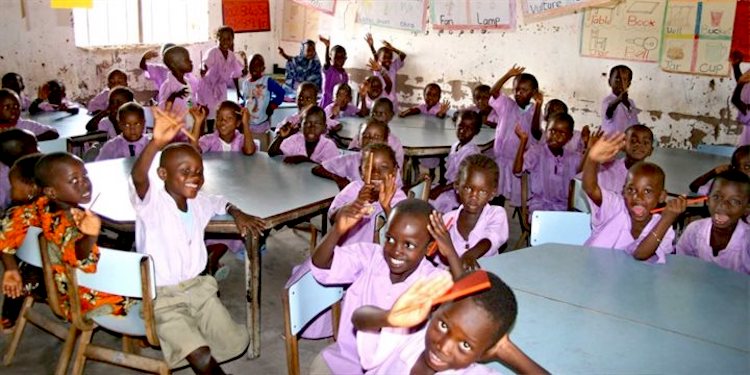In a significant stride towards education reform and preserving local languages, the Ministry of Basic and Secondary Education in The Gambia unveiled its Language in Education Policy. This policy aims to integrate local languages into the education curriculum from early childhood development to grade 3.
The announcement was recently made to the media, highlighting the inclusion of languages such as Wolof, Mandinka, Pular, Jola, Saruhule, Serer, and Manjago in the education curriculum. Since its inception in 2022, the policy underwent rigorous surveys and consultations, culminating in its validation in 2023.
The core objectives of this landmark policy are to enhance learning outcomes, preserve cultural heritage, improve communication, increase participation, facilitate the transition to formal education, and promote community engagement. Adama Jimba Jobe, Deputy Permanent Secretary at the Ministry of Basic and Secondary Education, emphasized the transformative nature of the policy.
“We have learned from research and experience that teaching children in their first language helps them comprehend and learn better in a foreign language,” said Adama Jimba Jobe. “This is a national duty, a national call, a national responsibility that we all need to spread the gospel for us to have a mind, take it as our property, take it as something that is coming to help our children, but not to see it as we are studying education.”
Seedia Jatta, a linguist, described the policy as a monumental step in Gambian education, stressing the need for commitment to its implementation to realize its full potential.
“People who are made to think and learn in a language which is alien to them, to the detriment of their own language, a language that defines their identity and culture, this is a monumental task that we have before us,” said Jatta. “If we are going to succeed in what we have planned, then we must commit ourselves, body and soul, to the implementation of the policy.”
Emily Joof, a representative from the World Bank, praised the policy as evidence-based and poised to positively impact the lives of Gambian children.
“The Gambia, formerly under British colonial rule, has long relied on a single-language education system, using English as the sole medium of instruction from pre-primary to tertiary levels,” said Joof. “The new policy will ensure a smoother transition to English from grade 4 onwards, supported by tailored teaching materials.”
The Ministry of Basic and Secondary Education plans to promote the policy through various interventions engaging key stakeholders across different regions.
The Language in Education Policy is expected to not only enhance learning outcomes but also contribute significantly to the preservation and promotion of The Gambia’s rich linguistic and cultural heritage.










